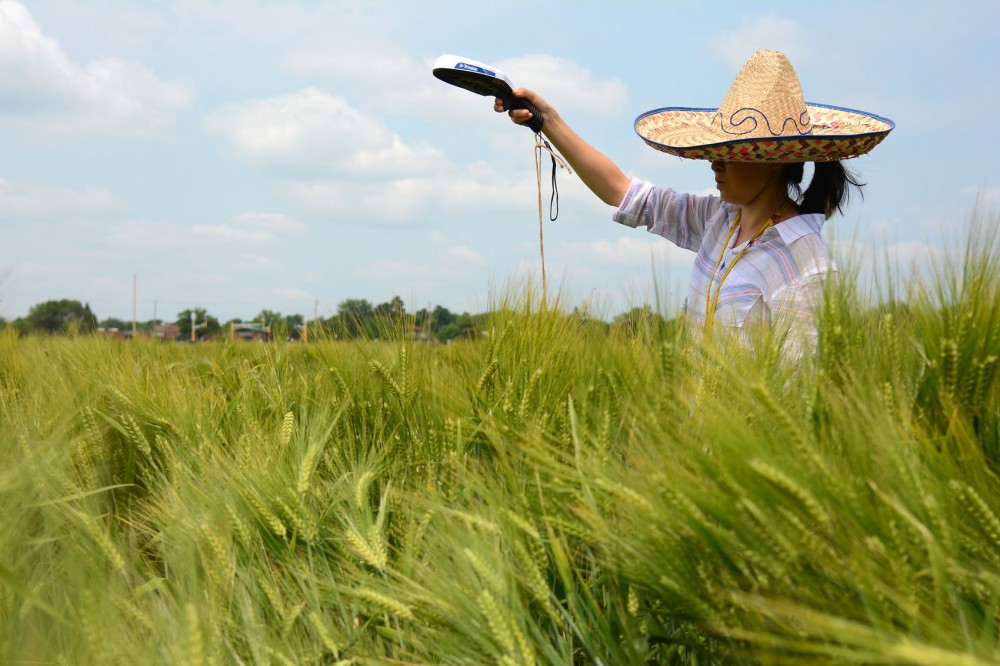A dearth of students and a multitude of job openings in agriculture have the University of Minnesota’s ewsearching for new ways to attract students before they reach college age.
Between 2015 and 2020, nearly 58,000 jobs will open each year in agriculture fields, according to a study from the United States Department of Agriculture.
Graduates with agriculture degrees will fill only 61 percent of the jobs, according to the report, meaning graduates in other science fields will likely take over the rest.
Mike White, associate dean for academic programs and faculty affairs for CFANS, said the market for agricultural sciences — which includes studying sustainability and food supply — is booming, but the college is having a hard time keeping up with the industry’s demand for students.
“We are a discovery college,” White said, which means that students often don’t find out about the college until they’re already attending the University.
Joshua Rice, an assistant professor in agriculture for University Extension, said the problem could be that students — even those who grow up in rural areas — believe that there is a shortage of agricultural science jobs.
Many students who are raised in farming communities are still encouraged to go to college for white-collar jobs, Rice said.
“The stereotypical mindset is that we only have production agriculture jobs available,” he said.
In order to shift those perceptions, the University is attempting to draw students earlier in their academic careers with programs like the Science of Agriculture Challenge held last month, Rice said.
Put on by the Minnesota 4-H, the contest required students in sixth grade and up to find a local agricultural issue, like alternative biofuels or dwindling bee populations, and research potential solutions with mentors in the chosen field.
Stacie Vennewitz, assistant director of admissions for CFANS, said introducing non-rural students to these concepts early will help shift the misconception that the college is only for agriculture.
She said many times people forget natural resources education is also a part of CFANS.
“It is important in getting the education out there as to what our college is and who is in our college,” Vennewitz said. “There are very few people who know what the breadth of agriculture and natural resources is.”
White said most CFANS graduates are transfers from other University colleges who are drawn to agricultural fields while exploring their interests in different areas.
“The areas that we are studying and the demand for food production, the environment, business and health are burgeoning,” he said. “CFANS is at the nexus of where all those things connect.”


